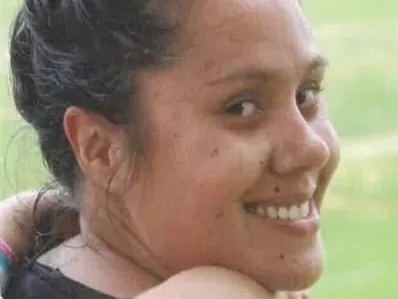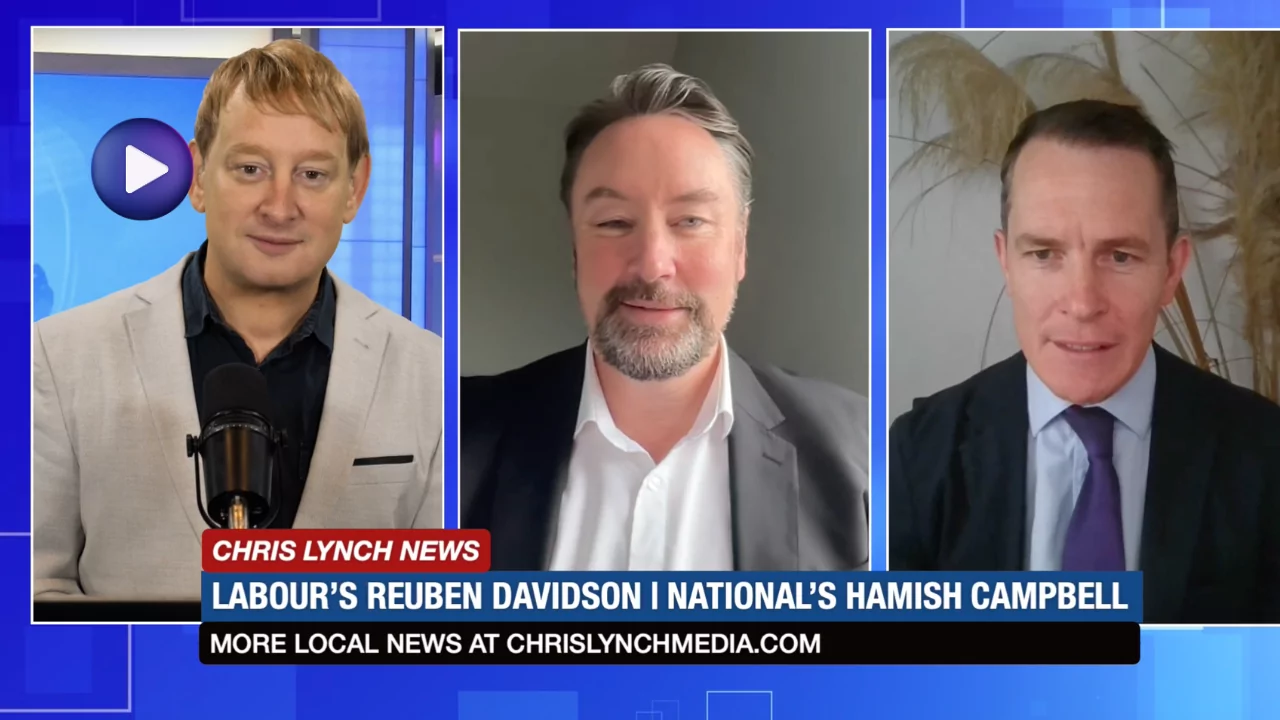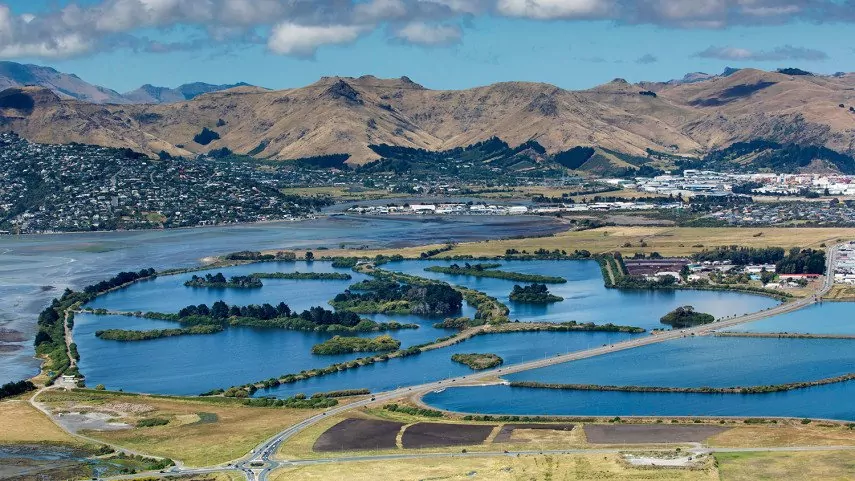Escaped youth tracked by Eagle helicopter, found hiding in New Brighton
The young person who escaped from a youth justice facility in Rolleston has been located...

The New Zealand Race Relations Commission has weighed in on racially tiered ticket prices for an upcoming Christchurch music gig.
Christchurch bar Muy Muy threatened to cancel the “Sunday Sessions” event, organised by the Christchurch collective Browntown, unless they changed their pricing model.
Tickets for the event were initially sold at three price points: “Early bird (for all Tangata): $15, Tangata Moana (for our Māori and Pacific Tangata): $20, and Tangata Tiriti (for our allies): $30.”
Browntown, founded last year by Devyn Baileh, Grace Colcord, and Shea Wātene, promotes itself as a platform for cultural engagement aimed at addressing racism. However, its ticketing structure for its music gig drew criticism from members of Christchurch’s Pacifica community, who first raised concerns.
The pricing model breaches New Zealand’s Human Rights Act 1993, which prohibits discrimination based on race, ethnicity, or national origin in the provision of goods, services, and access to public venues.
By Tuesday afternoon, the ticket prices were updated to read: “Early Bird: $15.00, Alofa Access Ticket: $20.00, and Ally Access Ticket: $30.00.”
Last year, Brown Town received $35,000 from Creative New Zealand’s Creative Impact Fund (Pacific arts) to deliver a yearlong series of free creative workshops and forums for Tangata Moana communities in Christchurch.
One senior Pacifica community leader criticised Browntown’s approach, calling it “divisive.” The leader said, “It doesn’t foster unity; it drives a wedge between communities.”
Race Relations Commissioner Dr Melissa Derby addressed the pricing in a statement on Wednesday.
“I’m pleased to hear that the racially tiered ticket pricing at this event has been removed and commend the organisers of the event for making the changes. While recognising the event organisers were well-intentioned in aiming to increase accessibility for their communities, there are alternative, non-discriminatory avenues which could also achieve the same outcome without the risk of perpetuating negative stereotypes about particular communities,” Derby said.
“I encourage all people to use approaches that promote positive race relations and enhance harmonious relations for all people in Aotearoa New Zealand.”
Brown town co-founder Grace Colcord defended the pricing model, saying it was part of the group’s commitment to accessibility and equity.
“In line with our kaupapa, we recognise that systemic inequities have historically impacted Māori and Pacific communities in many ways, including access to arts and cultural events. By offering tiered pricing, we aim to reduce financial barriers for Tangata Moana, ensuring they can engage fully with an event designed to celebrate their culture and creativity,” Colcord said.
Colcord added, “It’s worth noting that pricing models based on specific groups aren’t unique to this event. Many venues and organisations offer discounted pricing for children, seniors, students, or even ‘ladies’ nights,’ which prioritise affordability for specific demographics. Similarly, our approach reflects our mission, which centres on equity, inclusion, and cultural celebration.”
She said the initiative was not about exclusion but about balancing access and opportunity. “All attendees—regardless of the ticket they purchase—will experience the same vibrant, shared space, enjoy the same performances, and contribute to the collective atmosphere of celebration and unity,” she said.
Respected Christchurch rapper Big Sima, aka Lucas Fahey commented on the initial article published by chrislynchmedia.com saying “Man usually I’m down for the kaupapa, but I’ll be the first to admit. This ain’t it.”
Justice Minister Paul Goldsmith, who oversees the Human Rights Commission, declined to comment.
Hospitality New Zealand said, “We do not condone differential pricing on the basis of race or ethnicity.”
On Tuesday Muy Muy function manager Bugz Munasinghe said the bar was unaware of the pricing structure when agreeing to host the event. “We would have never agreed [and] no, we do not support any sort of discrimination towards anyone.
“We have addressed the issue and mentioned that we are not willing to continue or host the event unless the necessary amendments are made and no negative impact occurs.”


